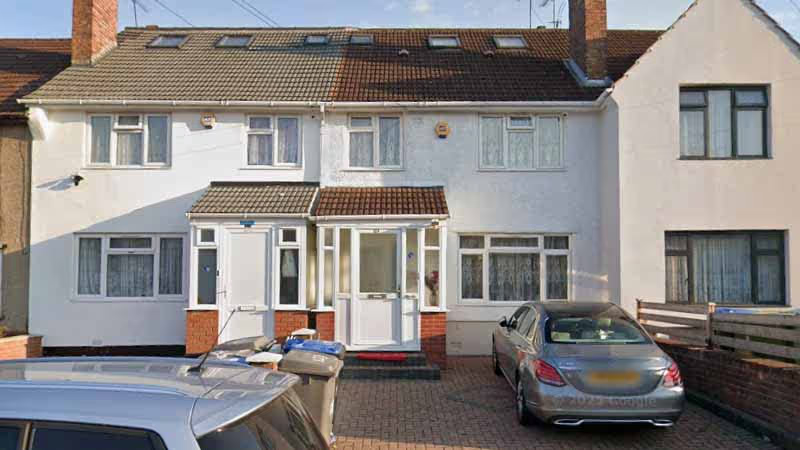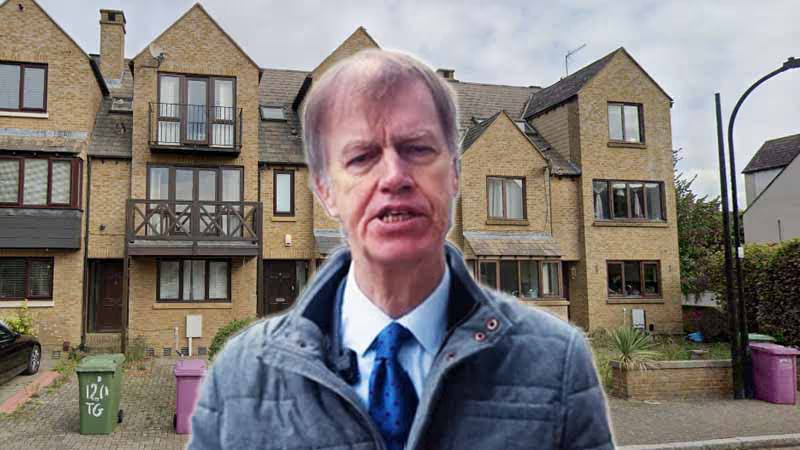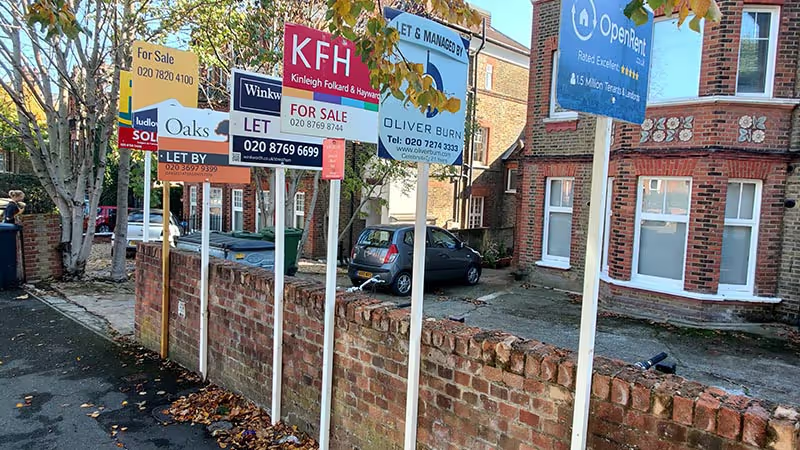The number of former rental properties being sold by estate agents is on the rise as a proportion of the market, it has been revealed, suggesting strongly that more landlords are leaving the market.
Rightmove reckons this is due in part due to an expected increase in capital gains tax within the Chancellor’s budget on 30th October.
The portal says 18% of properties now for sale were previously on the rental market, compared with 8% in 2010 although this figure rises to 29% in London.
But this is not an exodus but instead an increase, says Rightmove. The long-term average number of former rental homes for sale is 14% so the new figure is a 4% increase.
Tim Bannister, the portal’s property expert, says: “In recent years it has become more attractive for some landlords to leave the rental sector rather than to continue to invest in it, due to rising costs, taxes, and legislation.
“A healthy private rented sector needs landlord investment to provide tenants with a good choice of homes. We’ve seen over the last few years how the supply and demand imbalance can contribute to rising rents, so there is a worry that without encouragement for landlords to stay in rather than leave the rental sector, it is tenants who will pay the price.
Get worse

Chris Norris (left), Policy Director for the National Residential Landlords Association, says: “Today’s data will be a serious concern for all those renters struggling to find somewhere to call home. With demand already massively outstripping supply, Rightmove suggests the situation is set to get worse.
“Every rental home that is sold simply exacerbates the imbalance between supply and demand. Whilst some of these properties will inevitably end up on the owner-occupied market, that will be of little comfort to those households struggling to access quality housing.
“What we need is a housing strategy that recognises the need for more of every type of property, including high quality homes for private rent. That’s why the Budget needs to announce pro-growth tax plans to meet the needs of renters across the country.”
Desperation

David Coughlan (right), a director of property firm National Residential, says: “There’s a feeling of desperation gathering among landlords causing them to exit.
“However, they have rents coming in and it’s not easy to sell a tenanted property quickly for high prices and hence the pace of exodus depends on what happens next with interest rates, and CGT under the Labour Budget in October.
“Landlords have been clobbered with Section 24 and now CGT taxes.
“But according to Savills house prices are set to increase by 22% between 2024-2028 and JLL Residential predicts rents to increase by 18.8% during the same period.
“Therefore, there are pros and cons on the horizon that some landlords are still waiting to see what happens.
“In the meantime, there are a lot of landlords looking at selling and getting out of the market as soon as possible as they want to cash in and retire and don’t want the hassle or the risk.”
Concern

Marc von Grundherr (left), Director of big lettings firm Benham and Reeves says: “The potential equalising of CGT is, of course, a concern for many landlords. If the Labour government was to follow through with it, it could make for a significant increase in the tax paid by the average landlord when the time did come for them to exit the sector.
“This would be yet another blow to those who provide vital housing stock that is sorely needed within the rental sector, following a string of legislative changes already introduced in recent years to dent profitability.















.avif)
.avif)




















Comments